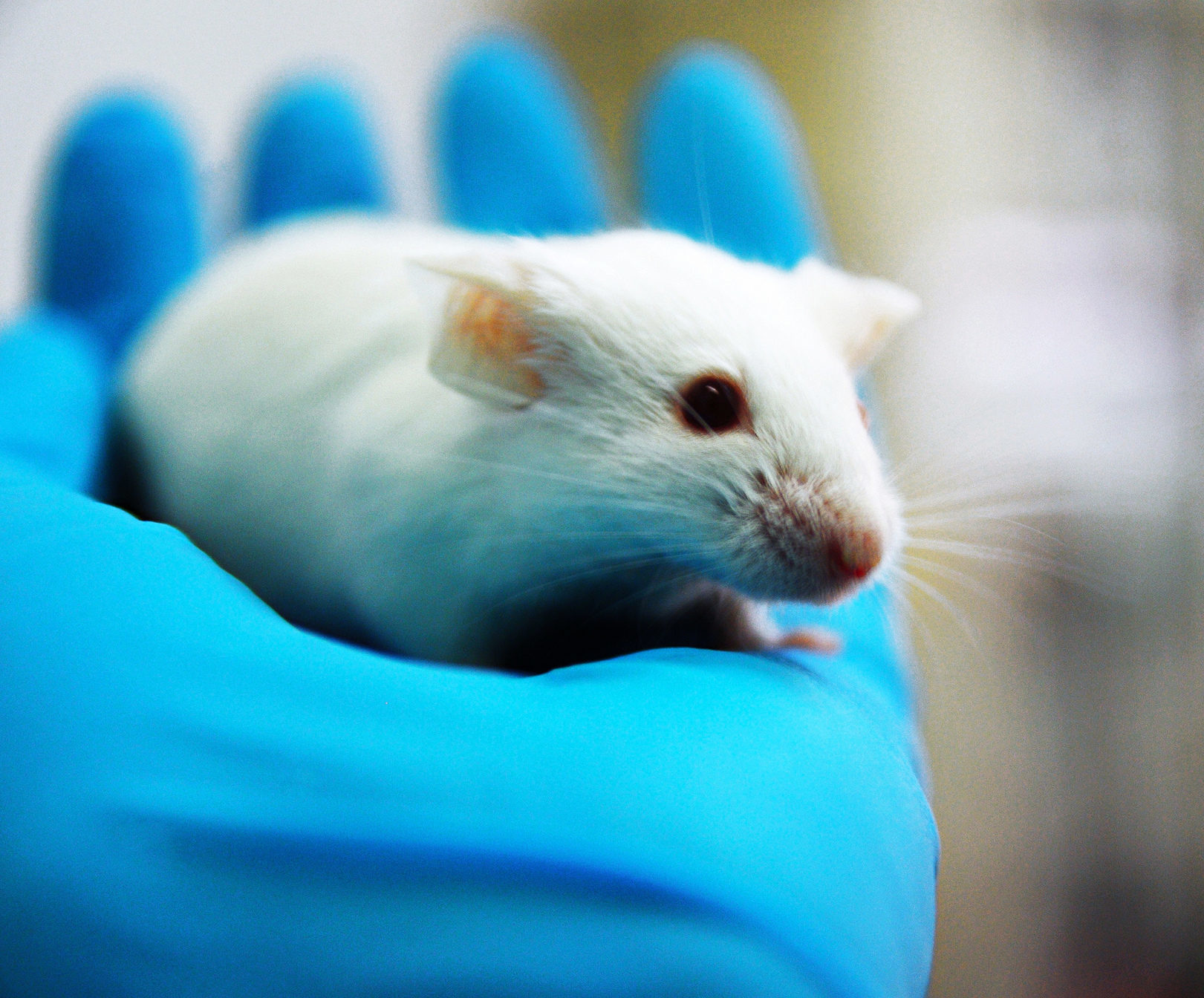In response to: Drug discovery and preclinical drug development – have animal studies really failed?
By Pandora Pound and Merel Ritskes-Hoitinga
A case of the ‘straw man’?
We came across this blog in BMJ Open Science by chance this week. The blog, entitled ‘Drug discovery and preclinical drug development – have animal studies really failed?’ was written by Steckler and Macleod in response to a paper we published in the Journal of Translational Medicine. Our paper proposes that translation from animals to humans will only be reliable if preclinical animal studies are both internally and externally valid (Pound and Ritskes-Hoitinga 2018). Essentially our argument is that while some problems of external validity can be overcome, the problem of animal-human species differences will always undermine external validity and therefore the reliable translation of preclinical findings to humans. Our paper focuses purely on scientific validity and its relation to clinical translation. At no point do we consider the ethics of animal studies. Strangely, however, Steckler and Macleod suggest that our argument is  misconceived because it conflates two ethical considerations; first, whether it can ever be ethical to conduct research on animals, and second, how can animal research be conducted ‘most ethically’. This is perhaps a classic case of the ‘straw man’ fallacy. At no point do Steckler and Macleod address our actual argument, namely that animal models can never be fully externally valid and therefore will never translate reliably. Furthermore, the authors wrongly assert that we propose that animal research should be discontinued, based on a harm-benefit assessment. Again this is nowhere proposed in our paper. There are other inaccuracies, including the statement that the Dutch parliament aims to end all animal experiments by 2020. In fact the aim of the Dutch parliament is to phase out animal testing for research on the safety of chemicals, by 2025.
misconceived because it conflates two ethical considerations; first, whether it can ever be ethical to conduct research on animals, and second, how can animal research be conducted ‘most ethically’. This is perhaps a classic case of the ‘straw man’ fallacy. At no point do Steckler and Macleod address our actual argument, namely that animal models can never be fully externally valid and therefore will never translate reliably. Furthermore, the authors wrongly assert that we propose that animal research should be discontinued, based on a harm-benefit assessment. Again this is nowhere proposed in our paper. There are other inaccuracies, including the statement that the Dutch parliament aims to end all animal experiments by 2020. In fact the aim of the Dutch parliament is to phase out animal testing for research on the safety of chemicals, by 2025.
Experimental rigour in in vitro research
Nevertheless, the authors raise an important point in highlighting the need for experimental rigour and reporting in in vitro research. Fortunately activity in this area is burgeoning due to the increased use of in
vitro studies in drug discovery. Several tools to assess risk of bias for in vitro studies have been proposed (e.g. Rooney 2015; Lynch et al 2016; Beronius 2018; de Vries and Whaley 2018) and a systematic review is ongoing (Al Saadi et al 2016). The problem of reporting in vitro studies is also being addressed (Hartung et al 2019) and guidelines are being developed. In the process of transitioning towards animal free innovations within the Netherlands it is clearly acknowledged that the reliability and validity of new approaches must be taken into account from the very beginning of their development. More funding is needed, however, to explore these issues. Two major UK funders have recently stated that they aim to fund exploration of emerging technologies such as 3D tissue models and organoids (MRC 2019), as well as new approaches to reduce the use of animals and provide more effective tools for studying animal and human biology (BBSRC 2019). Within these funding streams it will be vital to investigate the reliability and validity of new approach methodologies.
Challenges to the use of animals in research

Steckler and Macleod conclude their blog by stating, ‘we believe that arguments to end the use of animals in research remain primarily philosophical rather than scientific’. They are of course entitled to this belief, but evidence suggests that the debate has moved on. Challenges to the use of animals in science no longer come solely from philosophers or ethicists, but from within science itself; from scientists exposing the weaknesses and inconsistencies of the animal model paradigm and from those developing new, more human-relevant approaches to drug discovery. For the sake of patients, let us work together to explore the evidence base for all preclinical model systems, in order to achieve reliable and scientifically valid translational methods and paradigms.

Dr Pandora Pound is a Research Consultant with the Safer Medicines Trust.
Safer Medicines Trust,
PO Box 122, Kingsbridge,
TQ7 9AX,
UK
Email: pandora@safermedicines.org
 Dr Merel Ritskes-Hoitinga is a Professor in Evidence-Based Laboratory Animal Science at the Department for Health Evidence, Radboud University Medical Center and leads the SYRCLE research group.
Dr Merel Ritskes-Hoitinga is a Professor in Evidence-Based Laboratory Animal Science at the Department for Health Evidence, Radboud University Medical Center and leads the SYRCLE research group.
SYRCLE,
Department for Health Evidence, Radboud University Medical Center,
PO Box 9101, Route 133, 6500 HB
Nijmegen,
The Netherlands
Email: merel.ritskes-hoitinga@radboudumc.nl
Conflict of interests
PP declares that she has no conflicts of interest. MR-H is a member of the council of management of the UK registered company Laboratory Animals Ltd (LAL). LAL issues the journal Laboratory Animals. The position is unpaid but travel to LAL meetings is reimbursed. The journal’s profits are used for charitable purposes, subsidising educational projects in laboratory animal science and welfare.
References
Al Saadi, Fala S, Hassan Akl, H. et al. Tools for methodological quality and risk of bias assessment for in-vitro studies: a systematic review protocol. June 2016, DOI: 10.13140/RG.2.1.1515.9925
BBSRC (Biotechnology and Biological Sciences Research Council). Delivery Plan 2019. 2019, https://www.ukri.org/files/about/dps/bbsrc-dp-2019/ (Accessed 6/8/2019)
Beronius A. The SciRAP tool for assessing the quality of in vitro studies. 2018, http://dels.nas.edu/resources/static-assets/best/miscellaneous/Mechanistic-Workshop/S2_Beronius_SciRAPinvitro.pdf (accessed 6/8/2019)
de Vries RBM, Whaley PA. In Vitro Critical Appraisal Tool (IV-CAT): Tool Development Protocol. 2018. 21 p. https://doi.org/10.5281/zenodo.1493498
Hartung T, De Vries R, Hoffmann S, Hogberg HT, Smirnova L, Tsaioun K, Whaley P, Leist M. Toward Good In Vitro Reporting Standards. Alternatives to Animal Experimentation: ALTEX. 2019;36(1):3-17.
Lynch HN, Goodman JE, Tabony JA, Rhomberg LR. Systematic comparison of study quality criteria. Regulatory Toxicology and Pharmacology. 2016;76:187-98.
MRC (Medical Research Council). Delivery Plan 2019. 2019. https://www.ukri.org/files/about/dps/mrc-dp-2019/ (Accessed 6/8/2019)
Pound P, Ritskes-Hoitinga M. Is it possible to overcome issues of external validity in preclinical animal research? Why most animal models are bound to fail. Journal of translational Medicine 2018;16:304.
Rooney A. Extending a risk-of-bias approach to address in vitro studies. 2015, https://ofmpub.epa.gov/eims/eimscomm.getfile?p_download_id=526750
Rooney A. Protocol to evaluate the evidence for an association between perfluorooctanoic acid (PFOA) or perfluorooctane sulfonate (PFOS) exposure and immunotoxicity. 2015. https://ntp.niehs.nih.gov/ntp/ohat/pfoa_pfos/protocol_201506_508.pdf